What is Psychiatry?
Psychiatry is a field of medicine in which providers use medication to treat mental and behavioral health disorders when needed. Psychiatric care providers are licensed medical professionals. Patients either see a medical doctor, an advanced nurse practitioner, or a physician assistant.
Psychiatry vs. Psychology
Psychiatrists are trained medical doctors and can prescribe medications. They spend much of their time with patients on medication management as a course of treatment.
Psychologists focus extensively on psychotherapy and treating emotional and mental suffering in patients with behavioral intervention.
Will My Psychiatrist Push Medication on Me?
What Kinds of Medications Are Prescribed?
What If My Medications Don’t Work or Cause Side Effects?
At One Behavioral Health, we recommend ongoing medication management to ensure that medications work well for our patients. It’s important to attend these follow-up appointments or reschedule them as needed. During medication management appointments, your provider will ask about your symptoms, any side effects, and how you feel about your medication.
Conditions That Can be Treated Through Psychiatry
Personality disorders are often characterized by extreme and inflexible personality traits that may cause problems in work, school, or social relationships. Examples include antisocial personality disorder, histrionic personality disorder, schizoid personality disorder, and paranoid personality disorder.
PTSD is a condition that can develop following a traumatic and/or terrifying event. People with PTSD often have lasting and frightening thoughts and memories of the event, and tend to be emotionally numb.
Online Telepsychiatry Appointments Available
Online telepsychiatry is a secure and effective way to connect with therapists. In these sessions, patients talk with their therapists through live video. Patients can log on to the calls from anywhere with a secure internet connection, and we recommend having plenty of privacy as well.
